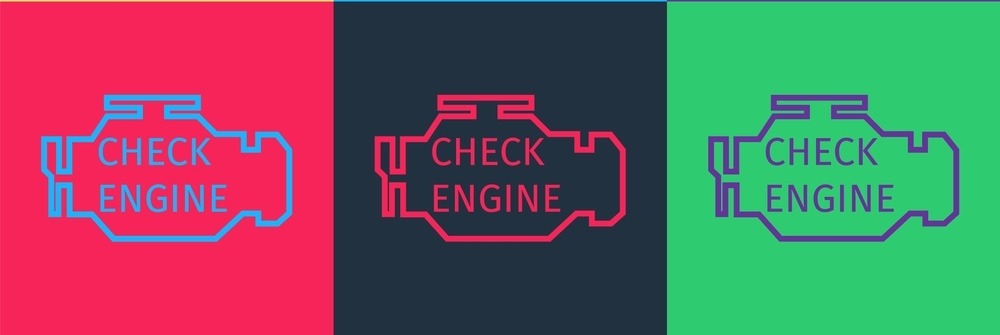
07 Dec Check Engine Light: Toyota Diagnostic Trouble Codes (DTC)
 Thankfully, all Toyotas have onboard computers and built-in diagnostic systems. This system generates Diagnostic Trouble Codes (DTC), including Generic, Manufacturer-Specific, and Enhanced codes. These codes can help you pinpoint the Check Engine Light issues like faulty gas caps, oxygen sensors, or spark plugs. Let’s explore the DTC Types and their usefulness in identifying and fixing the Check Engine Light issue.
Thankfully, all Toyotas have onboard computers and built-in diagnostic systems. This system generates Diagnostic Trouble Codes (DTC), including Generic, Manufacturer-Specific, and Enhanced codes. These codes can help you pinpoint the Check Engine Light issues like faulty gas caps, oxygen sensors, or spark plugs. Let’s explore the DTC Types and their usefulness in identifying and fixing the Check Engine Light issue.
Types of DTC
- Generic Codes (P0, P2, P3): Vehicle manufacturers have standardized these codes. These codes provide general system information about the vehicle’s current health status. Sometimes, a given code can solve the issue at hand. Other times, they can only provide a starting point for troubleshooting. The qualified mechanic can then perform additional diagnostic tests.
- Manufacturer-Specific Codes (P1): These codes are unique to specific Toyota models and provide additional information about vehicle status. They help narrow down the issue and find appropriate solutions.
- Enhanced Codes: Enhanced codes are specific to systems or components in a particular make and model. They offer even more detailed information about the problem and are helpful for advanced troubleshooting. However, they often require specialized diagnostic tools to retrieve.
Toyota Check Engine Light Solutions
Toyota’s built-in diagnostic system has provided the DTC reason for the check engine light. Now that the code has revealed the issue, let’s explore solutions for the 5 main Toyota check engine light issues.
- Gas Cap Issue: The solution is simple if a loose or faulty gas cap is the culprit. Tighten or replace the gas cap. Then, drive your Toyota for a few days to see if the check engine light goes off. If the light goes off, everything is good.
- Oxygen Sensor Replacement: While it may be tempting to tackle this repair yourself, it requires specialized knowledge and tools. Therefore, a qualified mechanic should replace a faulty oxygen sensor.
- Mass Airflow Sensor Replacement: Like the oxygen sensor, the mass airflow sensor replacement is best left to a professional. A technician can correctly install the sensor for optimal performance.
- Spark Plug Replacement: Worn or faulty spark plugs can trigger the check engine light. Consult a qualified technician to determine if your vehicle needs new Spark plugs.
- Catalytic Converter Repair: Failing catalytic converters can cause the check engine light. If the diagnostic codes indicate a problem with the catalytic converter, a qualified technician should inspect and repair it. Ignoring this issue can lead to further damage and decreased fuel efficiency.
Quality Auto Repair in Jacksonville, FL
Since 1991, JJ’s Auto Care, a family-owned and operated company, has been Jacksonville’s top auto repair facility. We are proud to be the only shop in Jacksonville to earn the Blue Seal of Excellence by the Automotive Service Excellence. You can count on us to provide quality assistance for all your Maintenance, Service, and Repair needs.
Call JJ Auto Care at (904) 721-6646 or visit us online to schedule a Check Engine Light service with one of our service writers.

